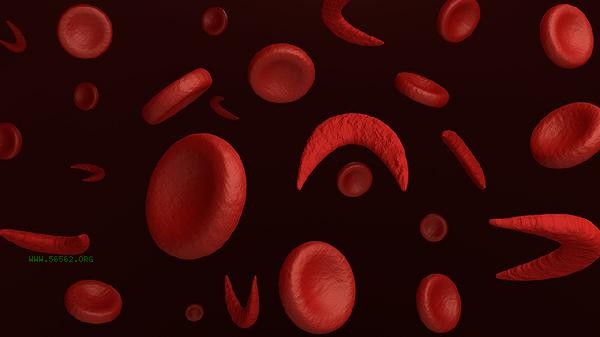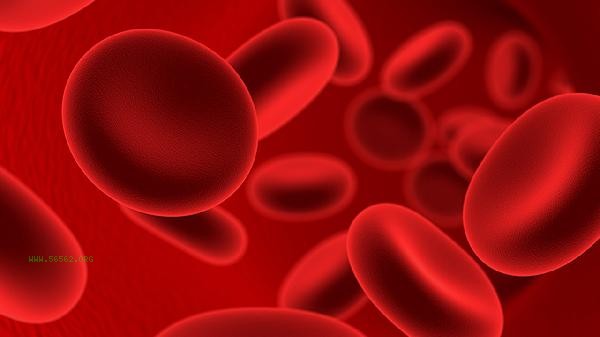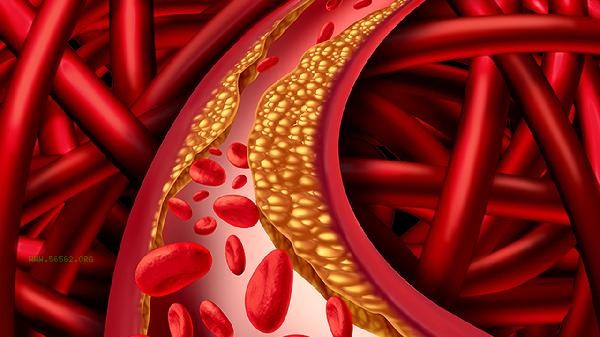A high average volume of red blood cells may be caused by nutritional deficiencies, abnormal bone marrow proliferation, hemolytic anemia, liver disease, hypothyroidism, and other reasons. Intervention can be achieved through nutritional supplementation, medication treatment, regular follow-up, and other methods.

1. Nutritional Deficiency
Long term deficiency of vitamin B12 or folate can lead to megaloblastic anemia, in which red blood cell volume increases but function decreases. Commonly found in long-term vegetarians and individuals with gastrointestinal absorption disorders. Daily intake of animal liver and dark green vegetables should be increased. In severe cases, medication such as vitamin B12 tablets and folic acid tablets should be taken according to medical advice, and blood routine should be monitored regularly.
2. Abnormal bone marrow proliferation
Abnormal bone marrow hematopoietic function may lead to impaired red blood cell production, manifested as an increase in average volume. This type of condition is often accompanied by abnormalities in white blood cells or platelets and needs to be diagnosed through bone marrow puncture. Clinically, erythropoietin or immunosuppressants may be used for treatment, while being cautious of the risk of leukemia transformation. When hemolytic anemia accelerates the destruction of red blood cells, the bone marrow compensates by releasing immature large volume red blood cells. Possible causes include hereditary spherocytosis, autoimmune hemolysis, etc. Typical symptoms include jaundice and splenomegaly. Diagnosis requires a combination of anti human globulin tests, and commonly used medications for treatment include prednisone tablets and cyclosporine soft capsules.
4. Liver Disease
Chronic liver disease can affect the lipid metabolism of red blood cell membranes, leading to an increase in volume. Cirrhotic patients with splenic hyperfunction can also exacerbate red blood cell damage. It is necessary to evaluate liver function, ultrasound and other examinations. While treating the primary disease, hematopoietic materials can be supplemented, and attention should be paid to avoiding the use of hepatotoxic drugs such as acetaminophen tablets.

5. Hypothyroidism
Insufficient thyroid hormones can slow down the rhythm of bone marrow hematopoiesis and produce large red blood cells. Patients often have symptoms such as fear of cold and swelling, and five thyroid function tests are required. The main treatment is to replace levothyroxine sodium tablets, and regular follow-up of thyroid function and blood routine should be conducted during medication to adjust the dosage. When the average volume of red blood cells increases, self supplementation with iron should be avoided to avoid worsening the condition. It is recommended to maintain a balanced diet and consume fish, eggs, and fresh vegetables and fruits that are rich in high-quality protein and vitamins in moderation. Quit smoking and limit alcohol consumption, maintain a regular schedule, and avoid overexertion. Recheck blood routine every 3-6 months. If symptoms such as dizziness and fatigue worsen, seek timely medical attention at the hematology department. Special populations such as pregnant women and the elderly need to adjust intervention plans according to individual circumstances.










Comments (0)
Leave a Comment
No comments yet
Be the first to share your thoughts!